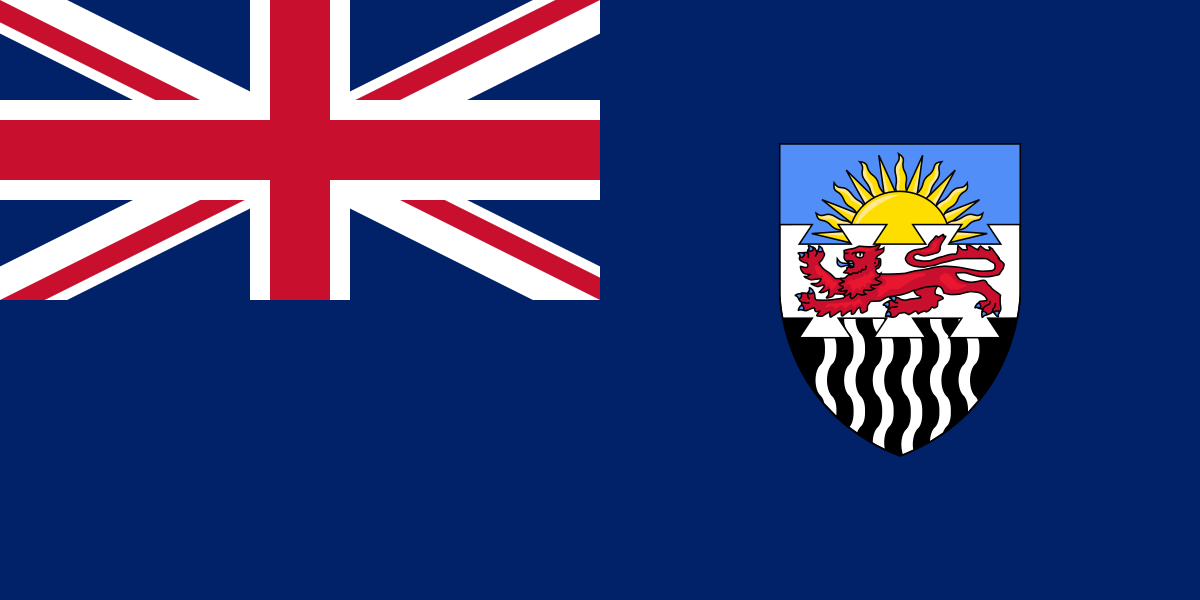What do you mean by hastily ? French decolonization in Africa was tied to events in Algeria while the bulk of UK African decolonization was in the mid 1960s with plans going back before the suez crisis in many colonies.
Well, perhaps I was a bit "hasty" (bad pun) in adding in France, whose postwar colonial practices I am not that familiar with. However Britain initially planned on slow and steady decolonization and had plans for large federative states (the East African Federation and Central African Federation) but Colonial Secretary Iain Macleod pushed for rapid decolonization and as a result, many African states were deprived of effective governance because the process of training civil servants and government officials hadn't been fully finished. With Suez going in Britain's favour, I could see decolonization really picking up steam around the late 1960s and winding up around 1980.
Rather than Iain Macleod, I could see Duncan Sandys, Julian Amery, or Lord Home (advocates of slower decolonization) being given the position due to the fact that Macleod got the position due to his backing of Macmillan in 1957. Alternatively, maybe without Suez and the Hola Massacre to really spur him on towards ending the Empire in Africa, Macleod might get the job and maintain the status quo. When Labour comes into power at some point (1968-1969?), I could see Barbara Castle get the position and really speeding up decolonization

